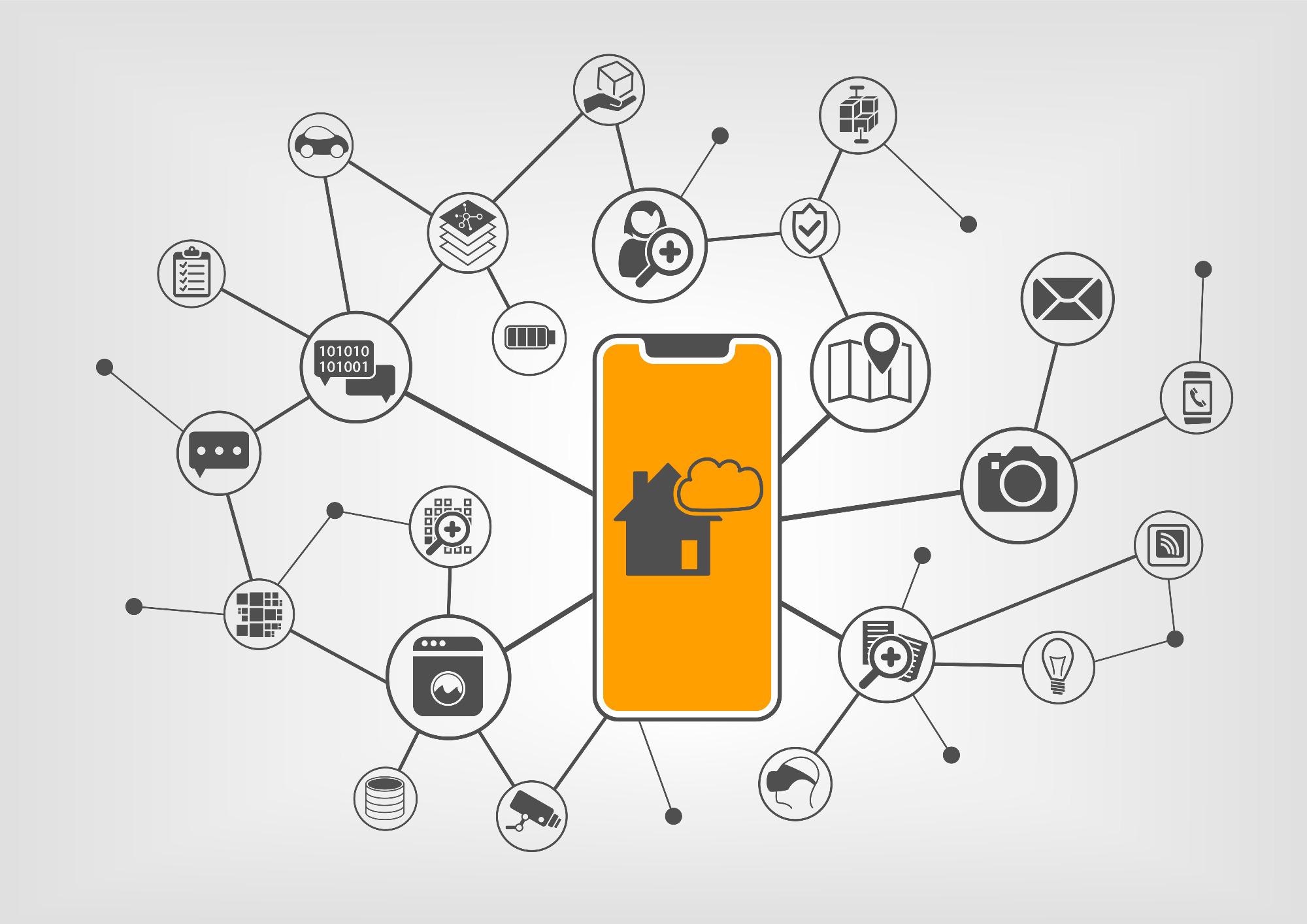
Image Credit: a-image/Shutterstock.com
This paves the way for a new step towards making battery-free devices a reality, via the convergence of two rising technologies: LiFi and radio frequency (RF) backscatter. Possible applications are smart cities, smart homes, and smart agriculture.
By 2025, it is anticipated that over 64 billion IoT devices will be deployed, and they will function with batteries. The chemical components present in these batteries pose a huge environmental effect on the Earth. There is a dire requirement to identify a solution for eliminating batteries without impacting IoT services and communication performance.
Scientists from IMDEA suggest that IoT devices will function with the energy offered by Light Emitting Diodes (LEDs) and any other light source and also the data provided by modulating these LEDs, a concept known as LiFi, and that IoT devices will transmit data back by reflecting and modulating the RF coming signals that are already present in the surroundings. It is a passive and low-energy transmission method known as RF backscatter.
Our work opens the door to long-range, battery-free Internet of Things applications retrofitting lighting infrastructure for communication, something that was not previously possible to achieve.
Domenico Giustiniano, Research Associate Professor, IMDEA Networks Institute
“It’s the result of three years of research; when we started, LiFi technology and RF backscattering were considered independent technologies, and we have shown that LiFi can solve the limitations of RF backscatter, and that LiFi can be applied to a new field, battery-free communication,” added Giustiniano.
The IMDEA Networks team (including Domenico Giustiniano, Borja Genovés Guzmán, and Muhammad Sarmad Mir) has rejoiced in the collaboration with Dr Ambuj Varshney (Uppsala University, and soon to be Assistant Professor at the National University of Singapore).
Solar cells have been widely used to harvest energy. In this work, we go a step further and demonstrate that they can be used efficiently and simultaneously as both a source of power harvesting and as a communications receiver. Our solution solves the trade-off between the captured energy required by the IoT device and the desired data rate, allowing our system to operate without using batteries.
Borja Genovés Guzmán, Study Co-Author and Post-Doc Researcher, IMDEA Networks Institute
The study (PassiveLiFi: Rethinking LiFi for Low-Power and Long Range RF Backscatter) has shown that power-constrained IoT devices can achieve very long-range transmission without impacting their power consumption. This will be presented at the esteemed international conference ACM MobiCom 2021.
The study represents a transfer of technological knowledge to society and is assisted by the financial support of the Community of Madrid, the Spanish Ministry of Science and Innovation, and the European Union. It has been recently presented to the general public at events like Science and Innovation Week and the European Researchers’ Night (organized in the Community of Madrid by the madri+d Foundation for Knowledge).
Journal Reference:
Mir, M. S., et al. (2021) PassiveLiFi: rethinking LiFi for low-power and long range RF backscatter. Proceedings of the 27th Annual International Conference on Mobile Computing and Networking. doi.org/10.1145/3447993.3483262.